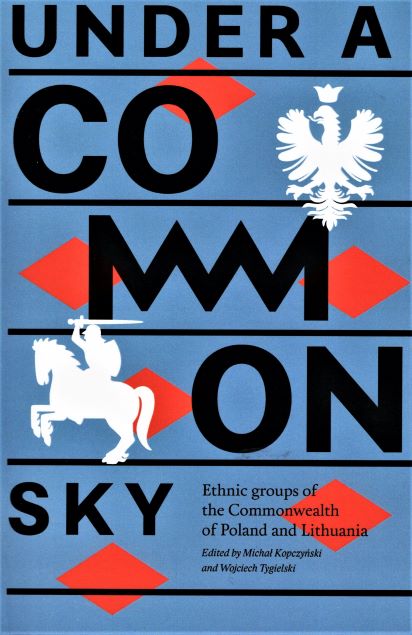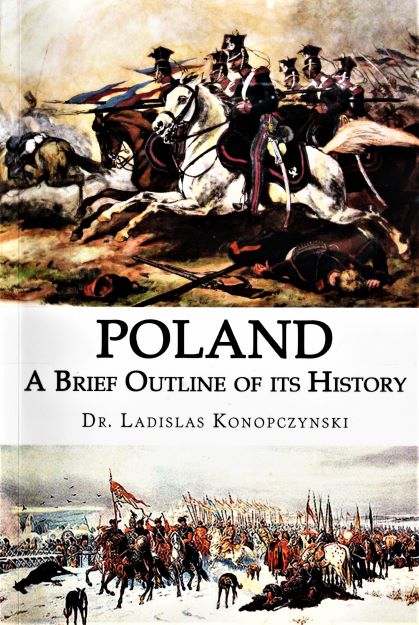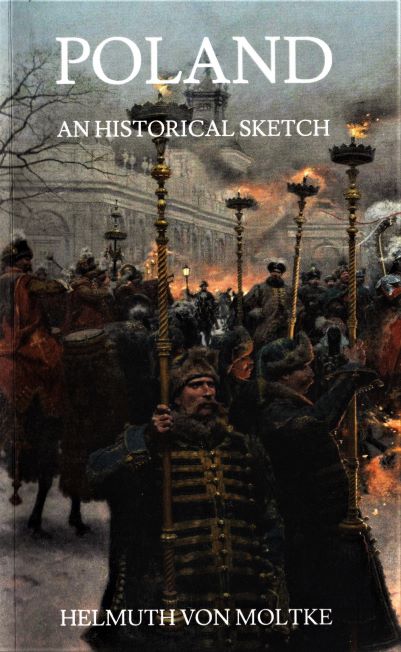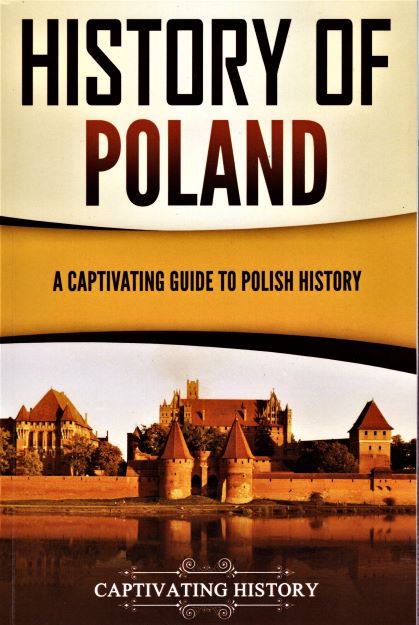THE OXFORD HISTORY OF POLAND-LITHUANIA, Vol I: The Making of the Polish-Lithuanian Union, 1385-1569, Robert Frost, 2018.
I am finally reading this history book. Warning! It is highly detailed to the highest degree. The book is 494 pages long. Plus TWENTY-NINE pages of bibliography alone; plus 41 pages of a glossary and index. The footnotes are within the body of the book.
Anyone who knows anything about Polish history knows about the marriage of Jagiello and Jadwiga and the beginning of the Commonwealth. This book covers the union, how it happened, why, the backgrounds of peoples and individuals, the repercussions of the union both vertically and horizontally. Vertically through the various estates or classes which were also undergoing changes. Horizontally it covers the lands of Poland moving eastwards and south-eastwards across the map to other peoples. In depth it covers how this union was viewed, reviewed, modified, challenged over the period Jagiello was alive. ONE HUNDRED EIGHTY-ONE PAGES just dealing with his life during this union!!! Wow!
This is definitely not a book for the casual reader. You had better have a good outline understanding of the period from Jagiello to the Union of Lublin. Go back to Norman Davies, GOD'S PLAYGROUND, Vol I. That's easy reading compared to this.
A critic for the TIMES LITERARY SUPPLEMENT said this work "...will define the contours of this field (history of the Polish-Lithuanian Commonwealth) for the next generation...a comprehensive history, but is, in fact, much more than that: a fiercely argued and superbly developed study of what is meant for Poland and Lithuania to join their political fortunes in the late Middle Ages."
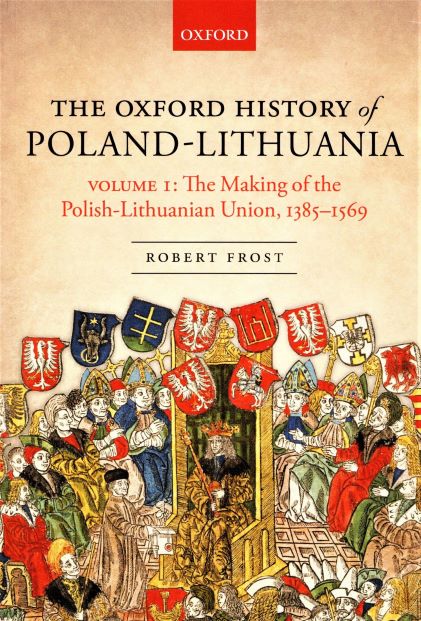
img20230213_13304004.jpg

